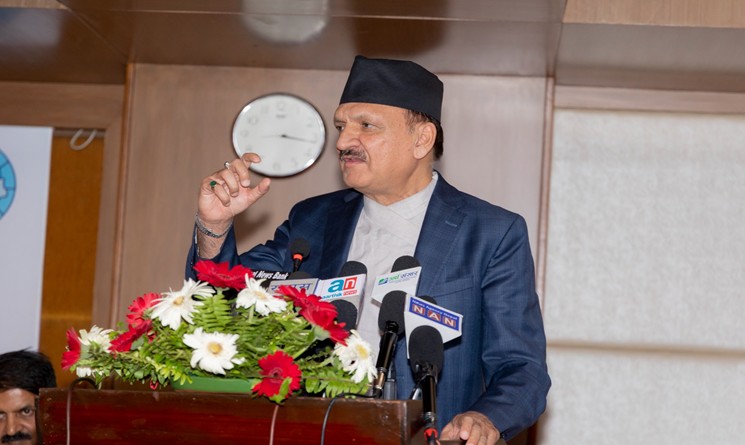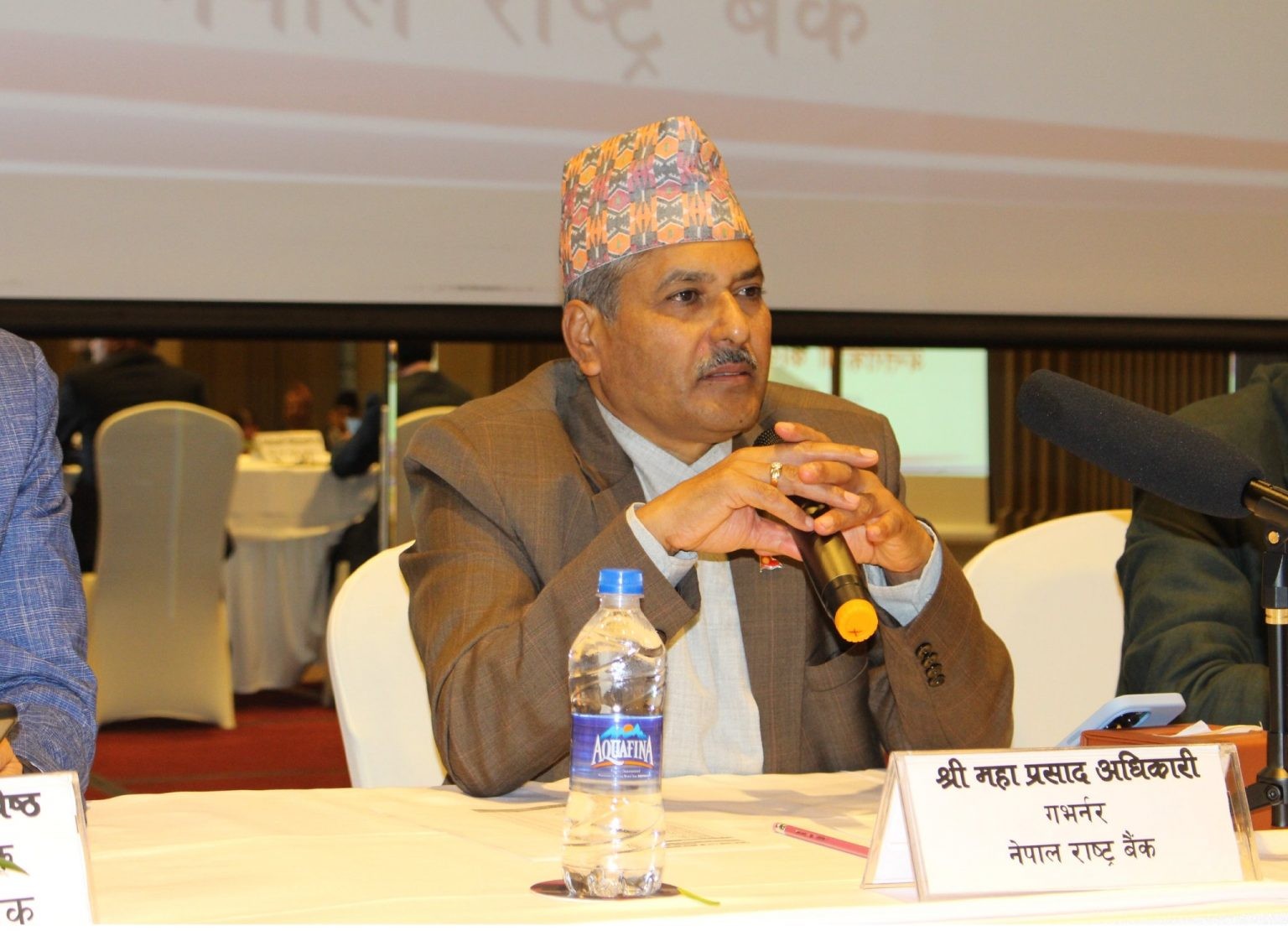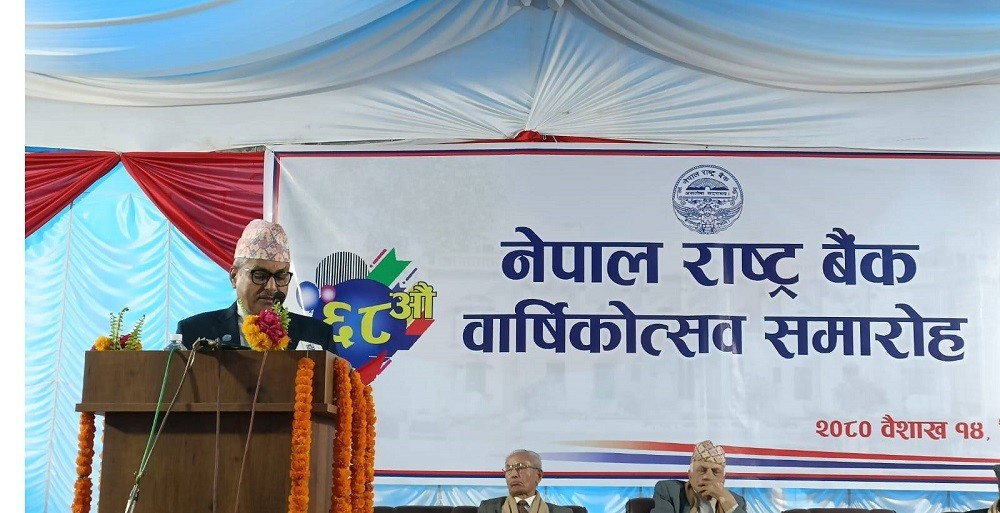
Kathmandu. There has been mixed reaction from various sectors regarding the monetary policy of the current fiscal year made public by Nepal Rastra Bank. Bishnu Agrawal, president of the Confederation of Nepalese Industries, an association of Nepalese industrialists, has given a brief response on the positive and negative aspects brought by it.
The Federation of Nepalese Chambers of Commerce and Industry (FNCCI) has said that the new monetary policy for the current fiscal year announced by Nepal Rastra Bank today will discourage the capital market.
The FNJ has said that the market will be discouraged as there will be a limit on the flow of loans from banks and financial institutions at a time when the interest of the general public is also increasing.
Mentioning the positive side of the monetary policy, Agrawal lauded the arrangement of remittances received from the banking system with the objective of encouraging Nepalis in foreign employment to enter and save through the banking system and earn at least 1 percentage point more interest if deposited in banks and financial institutions.
Regarding co-financing, he said that it is very positive as banks and financial institutions have to go for co-financing when they invest more than Rs 1 billion. Agarwal is of the view that the interest rate of the most affected business has been frozen for one year from Kovid 19, from which the class will get some relief. He said that the policy of providing additional loan for maintenance and upkeep for transport entrepreneurs and counting the loan up to Rs 2.5 million as non-performing loan is positive.
Considering the impact of the Kovid-19 epidemic on the overall economy, banks and financial institutions have changed the provision of classification in the category of micro-surveillance if the indebted firm, company or institution has been in net loss for two consecutive years. Agarwal is also happy that arrangements have been made.
He also welcomed the review of the existing method of calculating the base rate. He also expressed happiness over the provision that only a maximum of 2 percentage points of premium can be added to the base rate for a borrower using a loan of Rs 10 million or less to run an enterprise.
He also welcomed the rescheduling of those who have the grace period to complete the project. Similarly, a limit of Rs 120 million has been set for investing in shares, which affects the capital market. His analysis is that this will affect the government's vision to register more and more institutions on the stock exchange.









